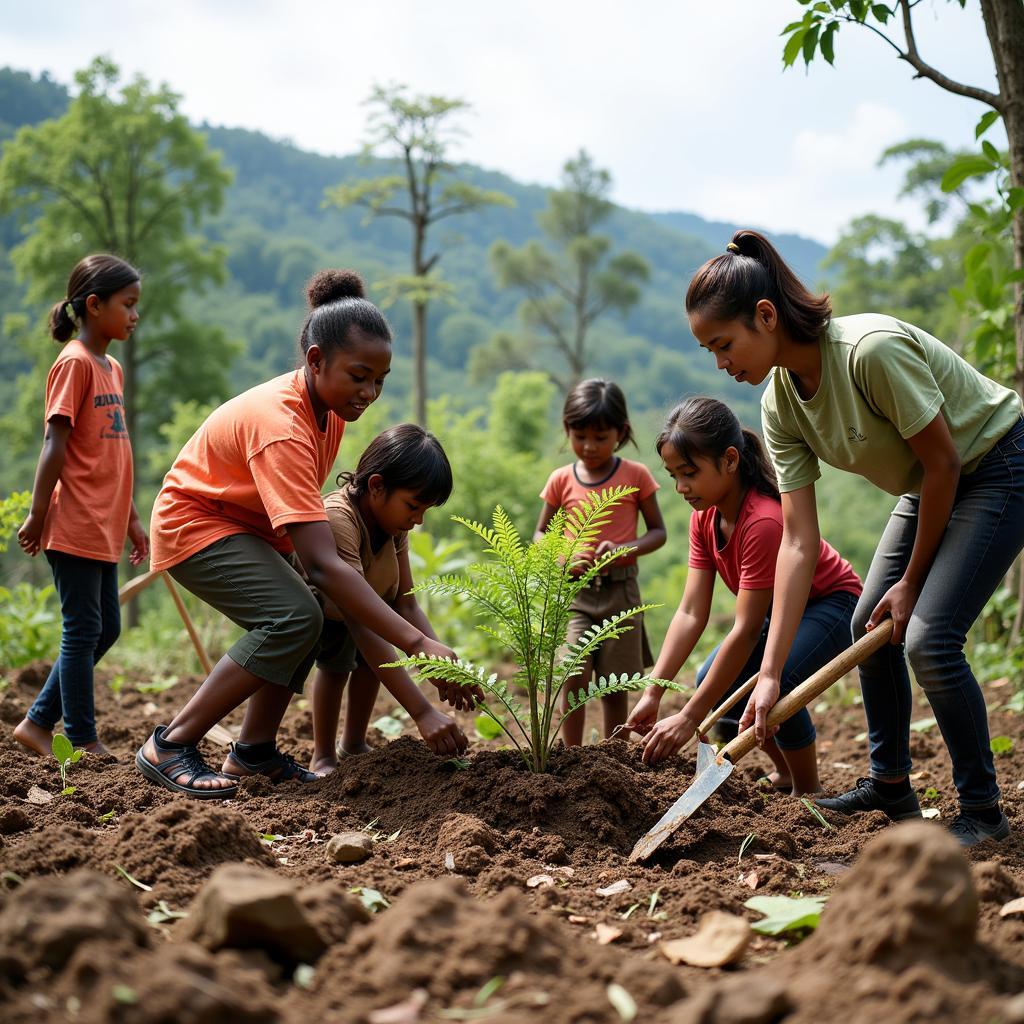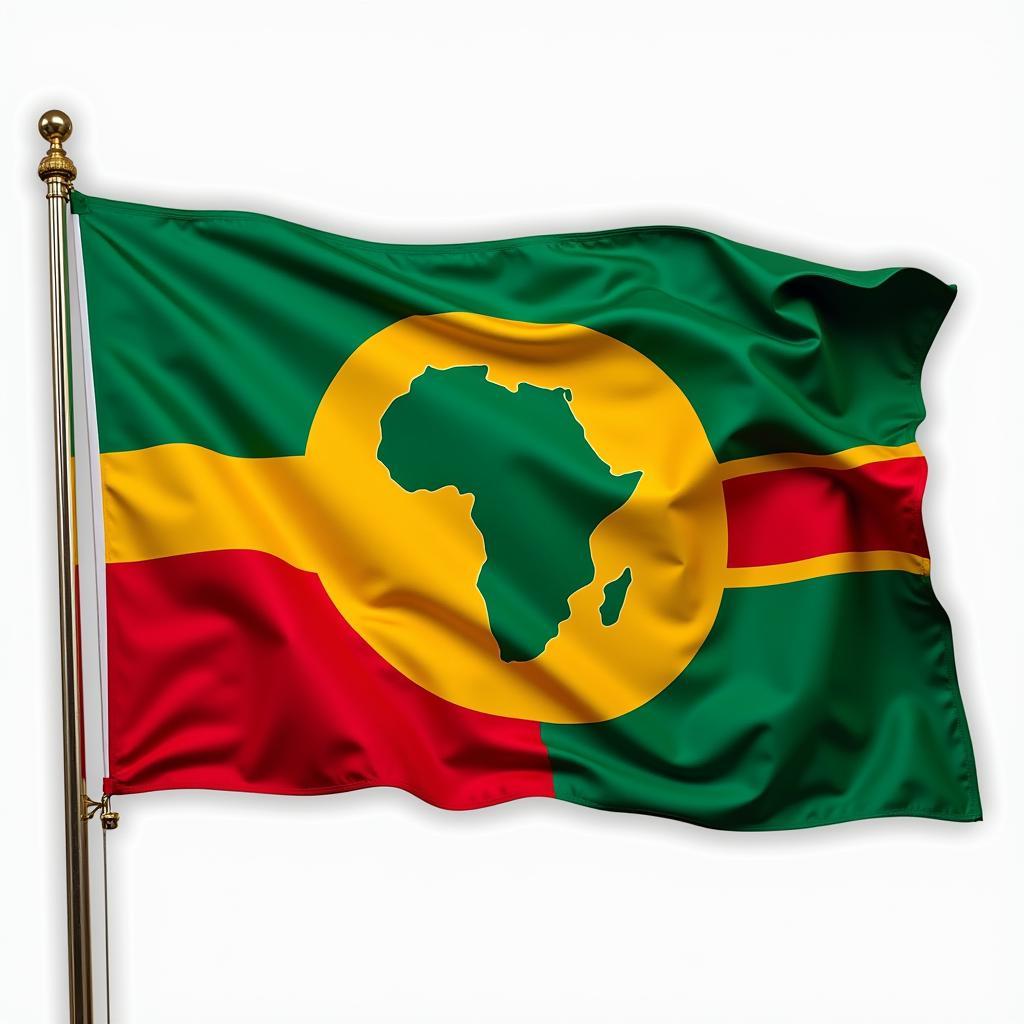African Language in Black Panther: A Deep Dive into the Wakandan Tongue
The groundbreaking Marvel film “Black Panther” introduced audiences to Wakanda, a technologically advanced African nation with a rich cultural heritage, including its own unique language, Xhosa. This post delves into the intricate relationship between the fictional Wakandan language and the real-life Xhosa, exploring its cultural significance, linguistic features, and the impact of the film on the language’s popularity and visibility.
The Wakandan Language and its Connection to Xhosa
The creators of “Black Panther” drew inspiration from the Xhosa language, spoken by millions in South Africa, when crafting Wakandan. This linguistic connection is evident in the film’s dialogue, where Wakandan words and phrases often bear resemblance to Xhosa. For example, the greeting “Wakanda Forever” is reminiscent of the Xhosa phrase “Ndiyabulela, meaning “Thank you.”
The Significance of Xhosa in “Black Panther”
The film’s use of Xhosa was not merely a stylistic choice, but a deliberate decision to showcase the beauty and richness of African languages. By incorporating Xhosa into the dialogue, the film celebrated the cultural heritage of Africa and its people, giving prominence to a language often overlooked in mainstream media.
The Cultural Impact of the Film on Xhosa
The global popularity of “Black Panther” led to a surge of interest in Xhosa, both within South Africa and internationally. This renewed attention brought a sense of pride and visibility to the language, encouraging more people to learn and appreciate its unique features.
“It’s inspiring to see a film like ‘Black Panther’ celebrate African languages and culture,” said Dr. Thando Zulu, a renowned Xhosa linguist. “The film has sparked a renewed interest in Xhosa, and it’s encouraging to see young people embracing the language.”
Key Linguistic Features of Xhosa
Xhosa is a tonal language, meaning that the pitch of a syllable can alter the meaning of a word. It also features clicks, a unique characteristic of many African languages, that add complexity and expressiveness to the language.
Clicks and Tonal Features in Xhosa
The presence of clicks is perhaps the most distinctive feature of Xhosa. These clicks are produced by a sudden suction of air in the mouth, followed by a release of the tongue, resulting in a sharp sound that is often represented by the letters “x,” “q,” and “c.”
Xhosa also utilizes tones, with words often having different meanings based on the pitch of the syllables. For instance, the word “ama,” pronounced with a high tone, means “eyes,” while the same word pronounced with a low tone means “things.”
Beyond “Black Panther”: The Continued Relevance of Xhosa
“Black Panther” highlighted the beauty and relevance of Xhosa, but the language holds immense significance beyond the realm of fiction. It is a vibrant living language with a rich literary tradition, spoken by millions of people and deeply interwoven with the cultural fabric of South Africa.
The Future of Xhosa
As “Black Panther” continues to inspire new generations, the language of Xhosa is poised to become even more prominent. With its unique features, rich history, and growing global popularity, Xhosa stands as a testament to the power and beauty of African languages.
FAQ
Q1: What are some common Xhosa words and phrases?
- “Molweni”: Hello
- “Ndiyabulela”: Thank you
- “Ndingumntu omhle”: I am a good person
- “Ngikuthanda”: I love you
Q2: Is Xhosa a difficult language to learn?
- Like any language, Xhosa requires dedication and effort to master. However, the unique characteristics of Xhosa, like its click sounds and tonal features, make it both challenging and rewarding to learn.
Q3: Where can I learn more about Xhosa?
- There are many resources available online and in libraries that can help you learn more about Xhosa. Several online platforms offer language learning courses specifically designed for Xhosa.
Q4: What other African languages are spoken in the “Black Panther” universe?
- While Xhosa serves as the primary inspiration for Wakandan, the film also incorporates other African languages, including Zulu, Hausa, and Yoruba.
Q5: How does “Black Panther” contribute to the preservation of African languages?
- By showcasing African languages in a prominent and positive light, “Black Panther” encourages a greater appreciation for cultural diversity and linguistic richness, ultimately contributing to the preservation of African languages.

